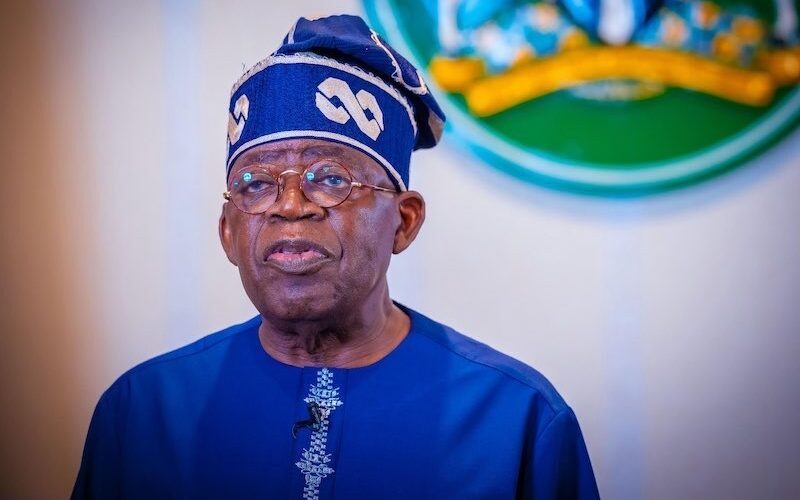In the heart of Nigeria’s North-East, Bauchi State is quietly battling a public health crisis that is as devastating as it is underreported: malnutrition. It does not erupt suddenly like an epidemic nor generate the political drama of governance disputes, yet its impact is far-reaching and long-lasting. Malnutrition weakens children before they even learn to walk, burdens mothers with worry and grief, and erodes the strength of entire communities. The crisis is not only a matter of insufficient food; it is a complex issue of nutrition, poverty, healthcare, and social neglect that demands urgent attention from policymakers, humanitarian organizations, and the communities themselves.
Recent reports from humanitarian agencies paint a grim picture. Over 54,000 children under the age of five in Bauchi are currently suffering from severe acute malnutrition, while thousands more are moderately malnourished. Médecins Sans Frontières (Doctors Without Borders) recorded a staggering 120% increase in admissions for malnutrition treatment in the first half of 2024 compared to the same period in 2023. These are not just faceless statistics; behind each number is a child whose chances of survival and future productivity are being severely compromised. The damage caused in these early years is often irreversible, leading to stunted physical growth and diminished cognitive abilities.
The roots of malnutrition in Bauchi are deep and tangled. Poverty remains the most obvious driver, with many families unable to afford a balanced diet. A large portion of the population relies on subsistence farming, but erratic rainfall patterns, increasing desertification, and the rising cost of farming inputs have combined to reduce food production. Even when food is available in the markets, inflation has pushed prices beyond the reach of poor households, leaving them with no choice but to opt for cheaper, less nutritious meals that fill the stomach but starve the body of essential vitamins and minerals.
For many families, meals are monotonous and heavily dependent on starchy staples such as maize, millet, and rice. These foods provide calories but lack the proteins, fats, and micronutrients necessary for healthy development. Animal proteins such as meat, fish, and eggs are considered luxuries, while vegetables and fruits are consumed in small quantities or not at all. Over time, this dietary imbalance leads to undernutrition, a condition that weakens the immune system and makes children more susceptible to infections such as diarrhoea, pneumonia, and measles — illnesses that can be fatal when combined with malnutrition.
The consequences are not limited to health statistics; they have a direct impact on the state’s human capital. Children who survive severe malnutrition often struggle in school due to impaired brain development, reduced concentration, and low energy levels. This creates a vicious cycle where poor nutrition leads to poor education outcomes, which in turn limits future employment opportunities and perpetuates poverty. In this way, malnutrition silently undermines the state’s economic development and its chances of achieving the Sustainable Development Goals.
Compounding the problem is the state of the healthcare system in Bauchi. While there are over 1,300 primary healthcare centres across the state, many are understaffed, underequipped, and located far from rural communities. Mothers often have to travel long distances to access nutrition programmes or treatment for sick children, a journey that can be both costly and time-consuming. In some cases, the absence of trained health workers means malnutrition cases are not detected early enough, and by the time treatment is sought, the child’s condition has deteriorated severely.
Humanitarian organizations are working tirelessly to address the crisis, providing therapeutic feeding programmes, nutrition education, and medical support. Ready-to-Use Therapeutic Foods (RUTF), such as fortified peanut paste, have been lifesaving for thousands of children. However, these interventions often depend on external funding, which can be unpredictable. When resources run out, the fragile progress made in combating malnutrition can quickly be reversed, leaving communities vulnerable once again.
Public awareness remains a significant barrier to solving the problem. In many communities, malnutrition is not recognized as a medical condition but is often attributed to superstition, spiritual causes, or simply “the way the child was born.” This lack of understanding leads to delays in seeking help and limits the effectiveness of prevention campaigns. Health educators stress the importance of teaching parents, especially mothers, about the value of balanced diets, breastfeeding, and proper weaning practices as a first line of defence against malnutrition.
Ibrahim Ismail, Dept of Mass Communication, University of Maiduguri
The post HUNGER CRISIS AND MALNUTRITION IN BAUCHI appeared first on THISDAYLIVE.

